The current political landscape of Yemen is a complex tapestry woven with various threads of history, conflict, and influence. One group that prominently stands out in this tapestry is the Houthis. The mention of this name often stirs an air of mystery and controversy, symbolizing a critical component of Yemen’s recent history. But the question remains: Who are the Houthis?
Since mid-November, Houthi rebels in Yemen have intensified their attacks on shipping in the Red Sea, using drones, missiles, and even seizing vessels. This alarming escalation is a response, according to the Houthis, in solidarity with their Palestinian allies in Hamas. As a consequence, major global shipping companies like Maersk, Hapag-Lloyd, and Cosco, along with oil giant BP, have halted shipments through the Red Sea, impacting the daily transit of approximately 7 million barrels of oil.
This unexpected fallout stems from the two-month-old Israel-Hamas conflict, now rapidly evolving into a broader and more complex scenario. The implications of these developments extend beyond the immediate region, reverberating globally and prompting a reassessment of operations by key players in the shipping and energy sectors.
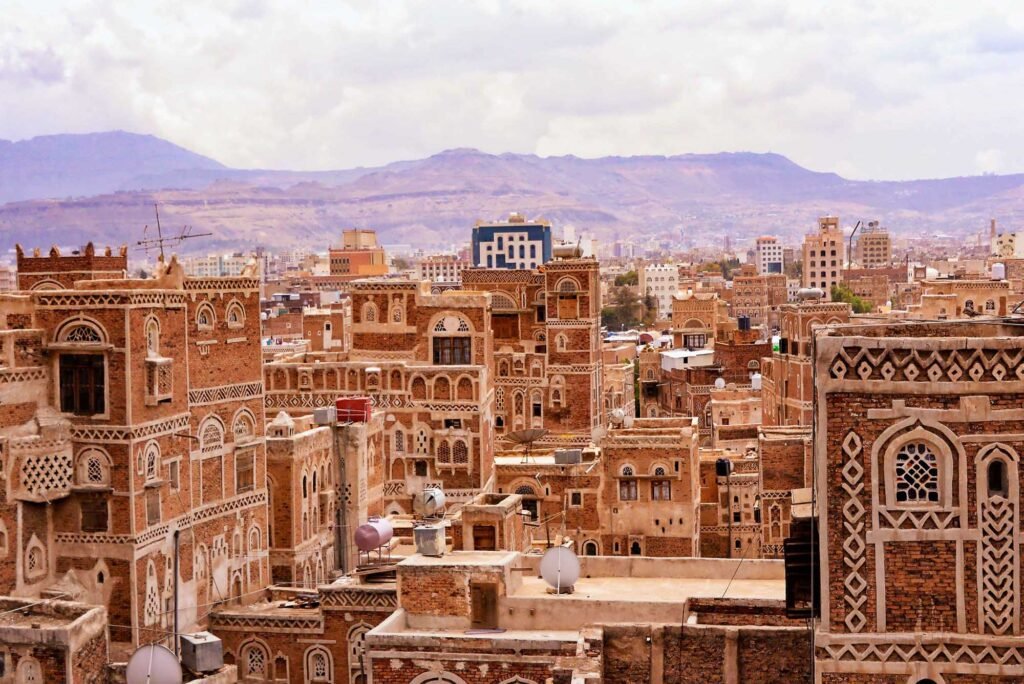
A Glimpse Into The Past
To understand the present, we must first look to the past. The Houthi movement, or Ansar Allah as officially known, originated in the 1990s. Emerging from the Zaidi sect of Shia Islam, it began as a theological movement promoting peace and tolerance. The Zaidis, although representing a small fraction of Yemen’s Muslim population, have a rich historical presence in the country, noted for their unique blend of Sunni and Shia doctrines.
The tranquility of the movement was disrupted in 2004 when its leader, Hussein Badreddin al-Houthi, was accused of inciting anti-government sentiments. The ensuing conflict, known as the Houthi Insurgency, marked a significant turning point in Yemen’s history and the Houthi movement.
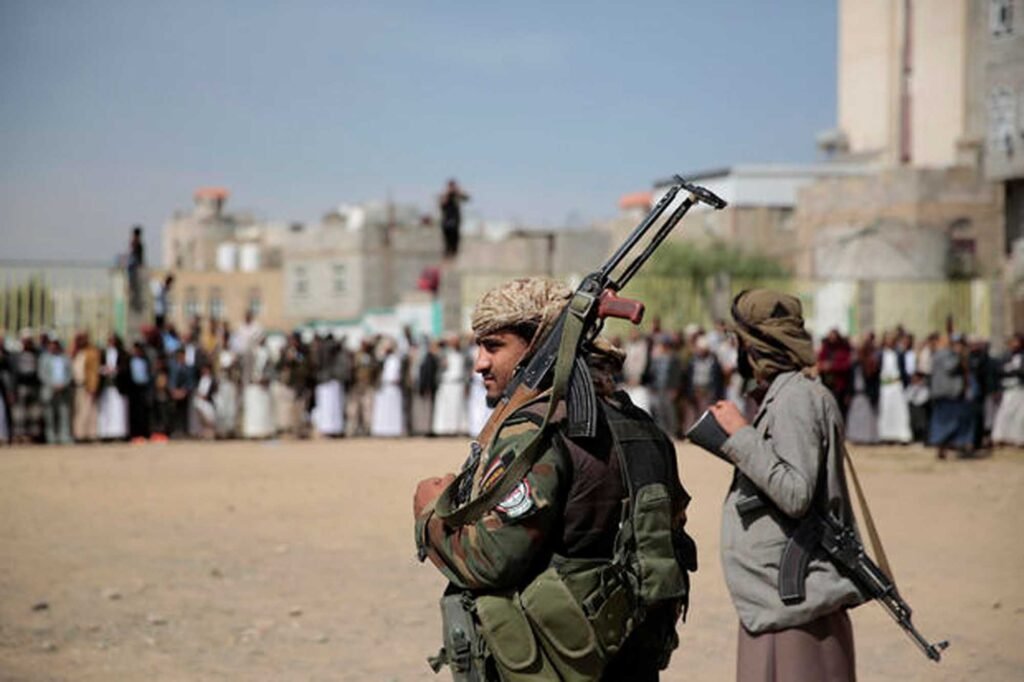
The Birth of the Houthi Insurgency
The Houthi’s transformation from a theological group into a major political force can be traced back to the Houthi Insurgency. This protracted conflict, which spanned from 2004 to 2010, was ignited when the Yemeni government issued an arrest warrant for Hussein al-Houthi. The charges? Inciting violence and anti-government sentiment.
Hussein al-Houthi, the charismatic leader of the movement, resisted arrest, sparking a violent confrontation with government forces. This confrontation spiraled into a full-blown insurgency in Saada, the Houthi stronghold in northern Yemen. The conflict, often referred to as the Saada Wars, was a series of six separate wars that engulfed the region.
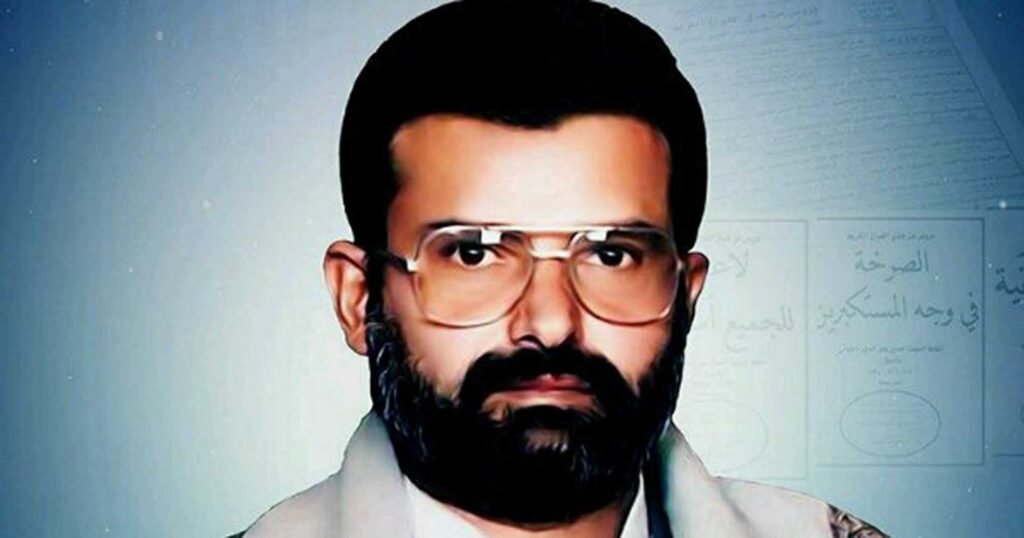
Unfortunately, Hussein al-Houthi did not live long to see the uprising he ignited. He was killed in the early stages of the conflict in September 2004. However, his death did not spell the end of the insurgency. Instead, it stoked the flames. The Houthis rallied behind the martyrdom of their leader, further fueling the resistance against the Yemeni government.
Despite the government’s extensive efforts to quell the insurgency, the Houthis managed to not only survive but also expand their territorial control. By the end of the sixth war in 2010, they had a firm hold over Saada and had made significant inroads into neighboring provinces.
The Arab Spring in 2011, a wave of protests and rebellions that swept across the Arab world, presented a fresh opportunity for the Houthis. The political turmoil in Yemen led to the ousting of long-time president Ali Abdullah Saleh, creating a power vacuum. The Houthis capitalized on this instability, gradually extending their influence beyond their traditional strongholds.
By 2014, the Houthi movement had transformed significantly. From a regional insurgency, they had evolved into a powerful political force capable of capturing Sana’a, Yemen’s capital. This marked the beginning of a new chapter in Yemen’s history, one where the Houthis transitioned from rebels to rulers.

From Rebels to Rulers: The Yemeni Civil War and Beyond
The Houthi capture of Sana’a in 2014 was a game-changer. This was not just another territorial gain; it was a bold assertion of power that effectively placed the Houthis at the helm of Yemen’s political arena.
However, the transition from rebels to rulers was far from smooth. Their takeover was met with fierce resistance, not just domestically but also from regional powers. The result? The onset of a complex and devastating civil war that continues to ravage Yemen to this day.
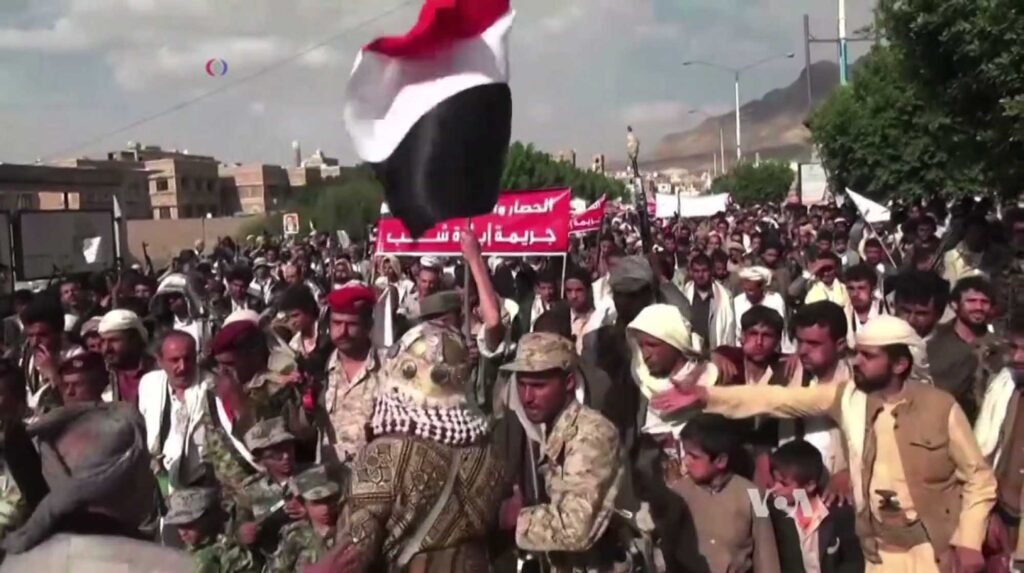
The Yemeni Civil War is a multi-faceted conflict with numerous local, regional, and international actors. On one side of the conflict are the Houthis, who, despite their modest beginnings, now control vast territories, including the capital and key port cities. Opposing them is the internationally recognized Yemeni government, led by President Abdrabbuh Mansur Hadi and supported by a coalition of nations led by Saudi Arabia and the United Arab Emirates.
The civil war has exacted a heavy toll on Yemen. What was already one of the poorest countries in the Arab world has been pushed further into a state of despair. The ongoing conflict has resulted in a massive humanitarian crisis, characterized by widespread famine, the displacement of millions, and an alarming cholera outbreak.
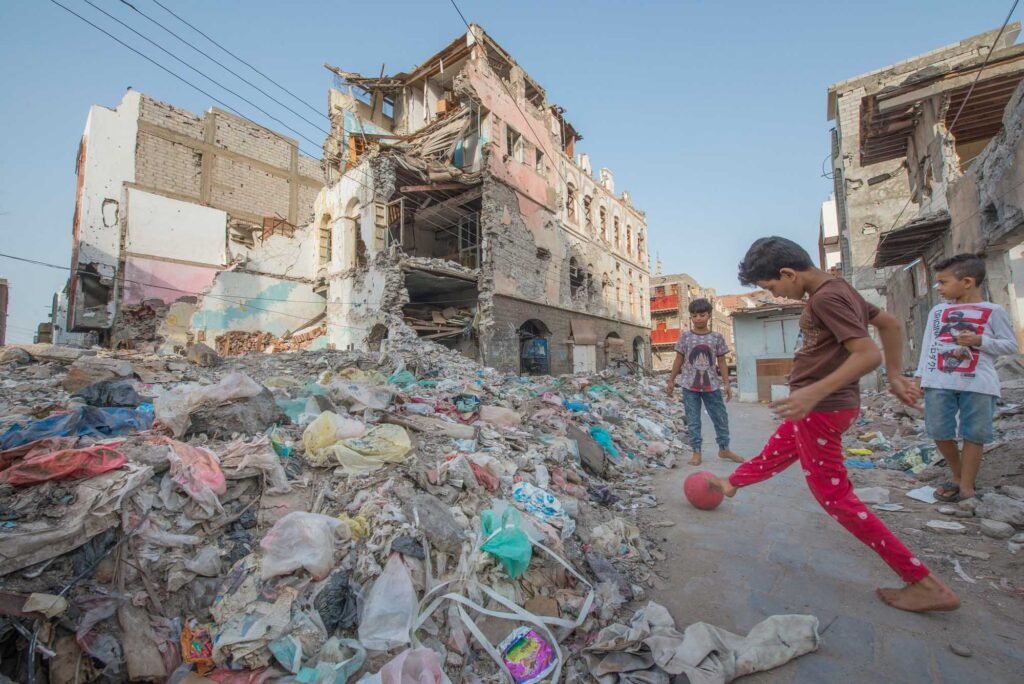
But the implications of the Houthi takeover extend beyond Yemen’s borders. The Houthis’ affiliation with Iran has raised eyebrows in the region, particularly in Saudi Arabia. The Saudi-led coalition views the Houthi movement as an Iranian proxy, a foothold of the Shia-majority nation in the Sunni-dominated Arabian Peninsula.
The Houthis have further escalated regional tensions by launching missile and drone attacks on Saudi soil, actions that have drawn international condemnation but have also highlighted their military prowess.

Houthis in Power: Influence and Governance
With the Houthis’ ascent to power, a new era dawned in Yemen. The group that began as a theological movement has now assumed the mantle of governance over vast territories. Their influence extends far beyond the battlefield, pervading the social, political, and economic life in areas under their control.
The Houthis have established a parallel state of sorts, complete with administrative, security, and educational institutions. They have their own government – the Supreme Political Council – and have implemented a taxation system to finance their administration and military activities.
However, their governance has been marked by controversy. Critics accuse the Houthis of authoritarian rule, characterized by repression of dissent, arbitrary arrests, and serious human rights abuses. The group has also been blamed for worsened Yemen’s humanitarian crisis through actions such as blockades and confiscation of aid supplies.
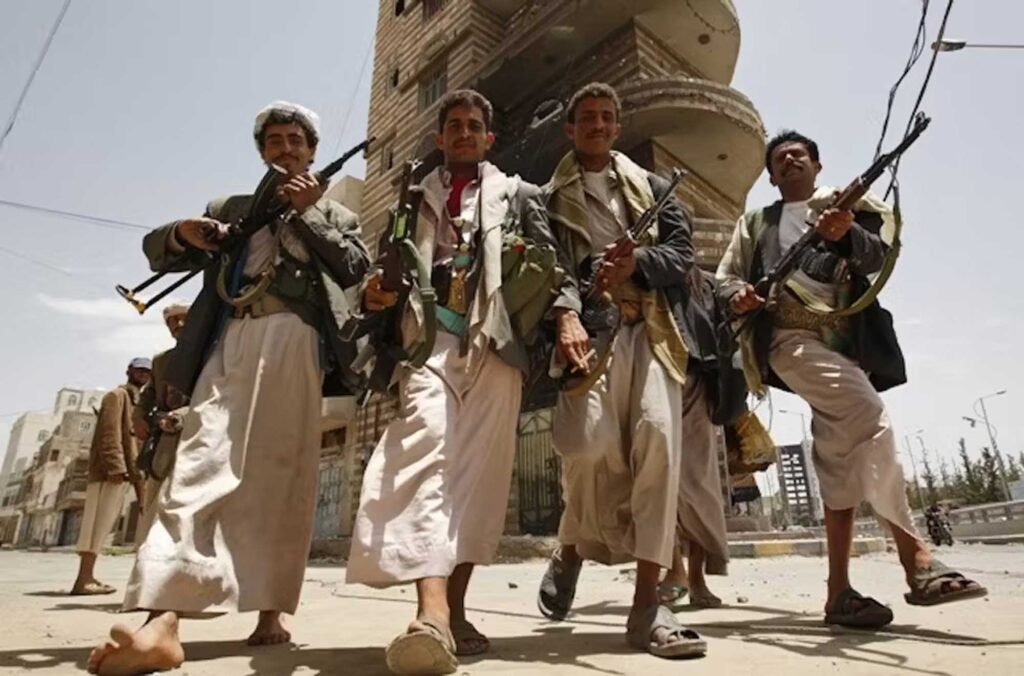
On the other hand, the Houthis have managed to maintain a degree of stability and security in their territories, a feat that has earned them some level of public support amidst the chaos of war. They have also positioned themselves as defenders of Yemen’s sovereignty against foreign intervention, a narrative that has resonated with parts of the Yemeni population.
The Houthis’ impact goes beyond the domestic sphere. They have significantly altered the regional balance of power and have become a geopolitical concern. Their alliance with Iran has been a source of anxiety for Saudi Arabia and its allies, who view the Shia-majority Iran as a regional rival. The Houthi missile and drone attacks on Saudi Arabian soil, allegedly with Iranian support, have only heightened these tensions.
Reflections and Projections: Understanding the Houthis and The Road Ahead for Yemen
So, who are the Houthies? They are not just a rebel group, a political movement, or a governing power. They are all of these and more. Their story is a tapestry of religious conviction, political ambition, and military resilience.
Understanding the Houthis is crucial to understanding Yemen’s current predicament and its potential future. The state of Yemen today is a direct consequence of the Houthi uprising and the subsequent civil war. The group’s actions and policies have shaped and will continue to shape the country’s socio-political landscape.
But what does the future hold for Yemen and the Houthis? The answer to this question is as complex as the conflict itself. The ongoing war has resulted in an immense humanitarian crisis, and it seems unlikely to conclude soon. Efforts at peace talks, including UN-led negotiations, have so far not succeeded in bringing a lasting resolution. Their recent attacks on Israel will definitely complicate their position on the global stage even more.
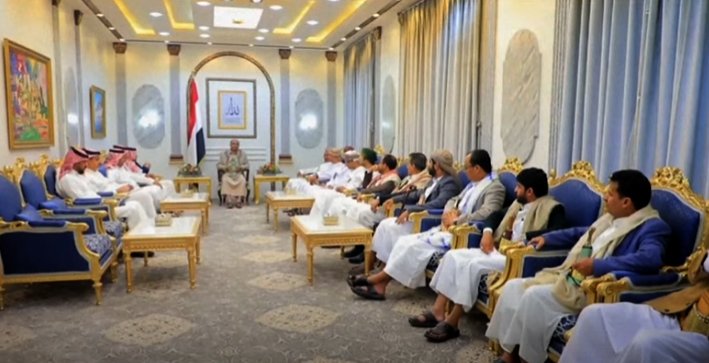
Can the Houthi movement be part of a peaceful future for Yemen? The answer lies in the ability of the group and its adversaries to move beyond the battlefield and engage in meaningful dialogue. It also depends on the willingness of regional and international powers to support a negotiated settlement rather than fuel the conflict.
As we grapple with these questions, one thing is clear: The Houthis are central to any discussion about Yemen’s future. Their actions, decisions, and the responses they elicit will significantly influence the trajectory Yemen takes.
As we conclude our exploration, we find that the question, “Who are the Houthis?” is not just about understanding a group or a movement. It’s about understanding a nation in turmoil, a region in flux, and the intricate dynamics of power, politics, and religion that weave together to form the complex tapestry of contemporary Yemen.
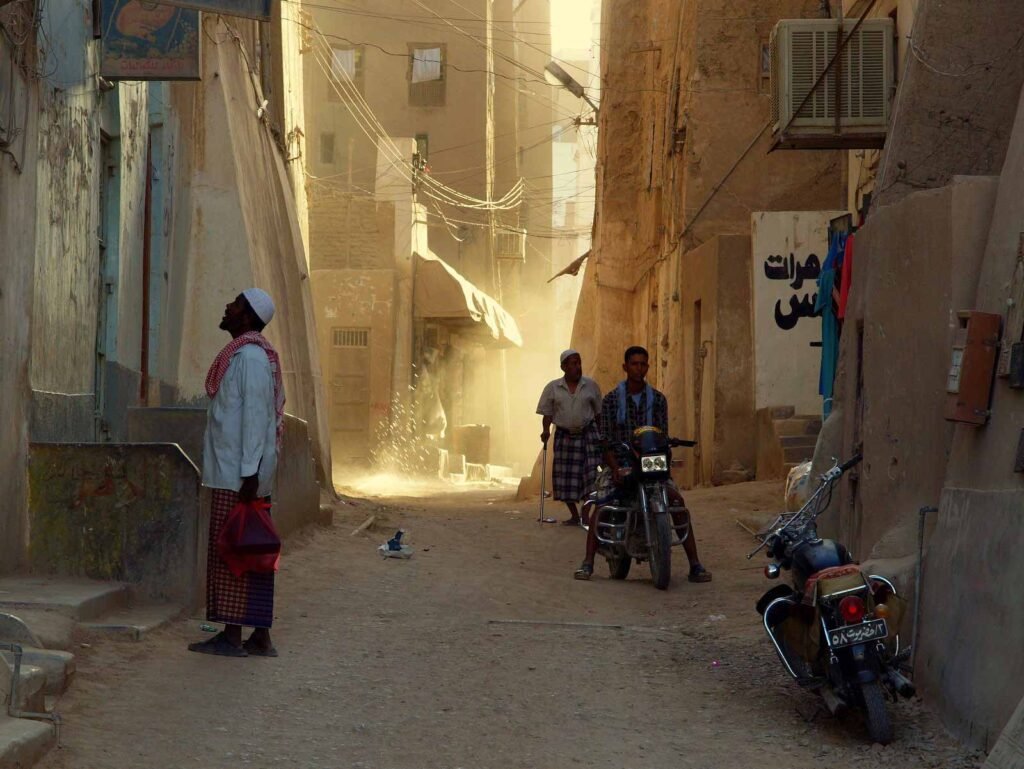
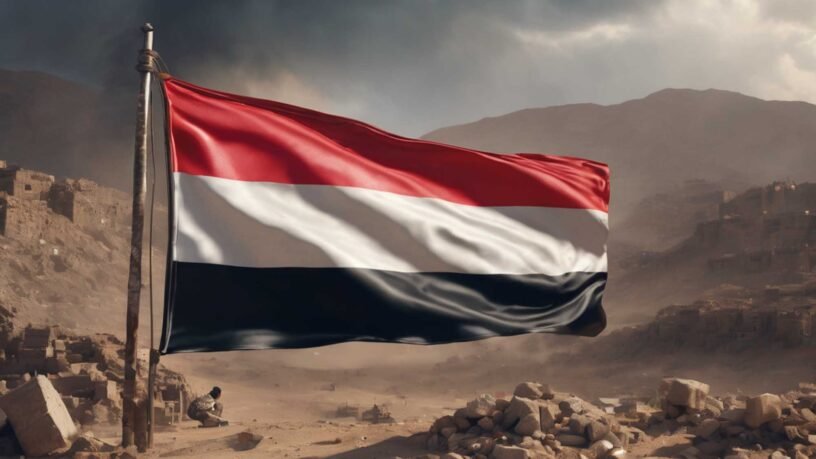



1 Pingback